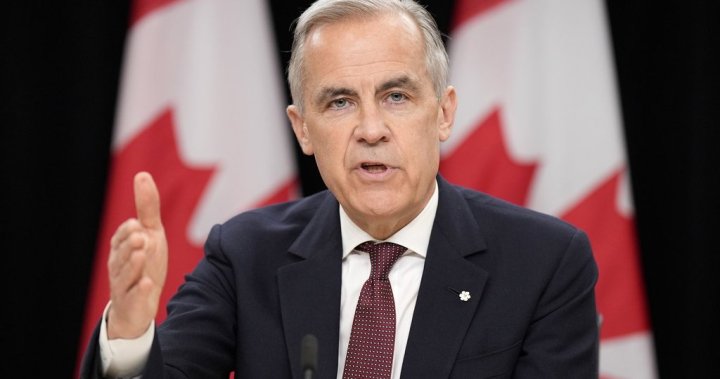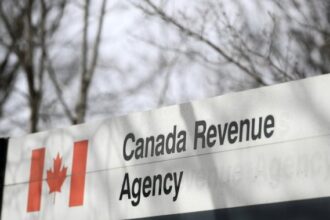As Mark Carney navigates his potentially transformative role in Canadian politics, he faces a global landscape far more turbulent than the financial markets he once oversaw. The former Bank of Canada and Bank of England governor enters a world where Canada’s international standing requires delicate positioning amid great power rivalries, climate crises, and shifting economic paradigms.
The global challenges awaiting Canadian leadership extend well beyond the possibility of a second Trump presidency. While a Trump return would undoubtedly reshape North American relations, Canada’s foreign policy imperatives are increasingly defined by structural shifts in global power distribution and emerging threats that transcend any single U.S. administration.
“Canada sits at a critical inflection point in international affairs,” says Dr. Amrita Singh, international relations professor at University of Toronto. “The country must navigate not just bilateral relationships with Washington, but increasingly complex multilateral dynamics where traditional alliances are evolving.”
China remains perhaps the most consequential relationship requiring careful calibration. Canadian exports to China reached $28.3 billion in 2023, yet diplomatic tensions following the Meng Wanzhou detention and subsequent “two Michaels” crisis have created lasting scars. Carney would need to forge a coherent China strategy balancing economic opportunity with security concerns and human rights principles.
The Russia-Ukraine conflict presents another significant test. Canada hosts the world’s largest Ukrainian diaspora outside Russia, creating domestic political pressure for robust support. Yet as the conflict enters its third year with no resolution in sight, determining the appropriate level of military and humanitarian assistance will demand careful judgment.
Climate diplomacy also looms large. Having chaired the Glasgow Financial Alliance for Net Zero, Carney possesses unique credentials in climate finance. However, translating international commitments into domestic policy while protecting Canada’s energy sector interests requires threading a particularly difficult needle.
“The climate file exemplifies Canada’s foreign policy challenge – reconciling global leadership ambitions with domestic economic realities,” notes climate policy expert James Morton. “Carney’s financial background might help bridge that gap, but the political challenges remain formidable.”
Trade diversification beyond traditional partners becomes increasingly urgent as protectionist sentiments grow worldwide. While the CUSMA (formerly NAFTA) provides a North American framework, expanding meaningful trade relationships with emerging markets across Africa, South Asia, and Latin America requires sustained diplomatic investment.
Defense spending will likely demand greater attention as NATO allies pressure Canada to meet the 2% of GDP commitment. With growing threats in the Arctic and Pacific regions, military readiness takes on renewed significance. Canada’s current defense spending hovers around 1.33% of GDP, well below the NATO target.
Meanwhile, technological competition between China and Western nations creates difficult decisions regarding telecommunications infrastructure, AI development, and digital governance. Canada must position itself strategically within emerging digital ecosystems while protecting sensitive technologies and data.
Indigenous perspectives in foreign policy represent another frontier. As Canada pursues reconciliation domestically, integrating Indigenous knowledge and priorities into international engagement offers both moral and strategic advantages, particularly in climate negotiations and Arctic governance.
“Foreign policy doesn’t exist in isolation from domestic priorities,” emphasizes former diplomat Catherine McKenna. “Canada’s global standing ultimately depends on our ability to address challenges at home while projecting values abroad.”
As Canadians contemplate their country’s place in a fractured world order, the question remains: can Canada craft a foreign policy that safeguards national interests while contributing meaningfully to global stability? The answer may well define not just Carney’s political future, but Canada’s international relevance in the decades ahead.










